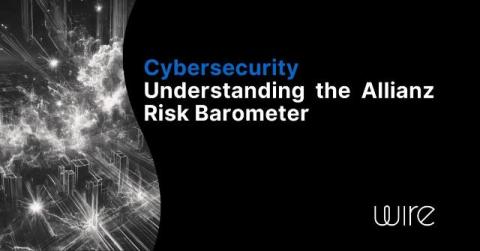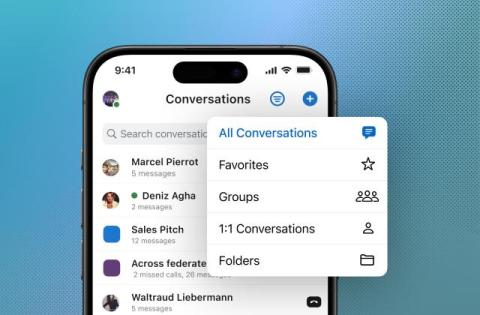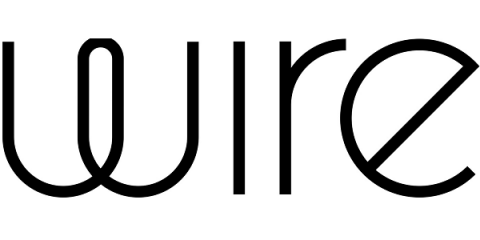Cybersecurity is Still Rising as a Business Risk
The 2025 Allianz Risk Barometer has just been released, and it couldn’t be clearer that the threat of cybersecurity breaches is now the preeminent corporate risk point. And AI is raising the stakes of that risk even higher.









